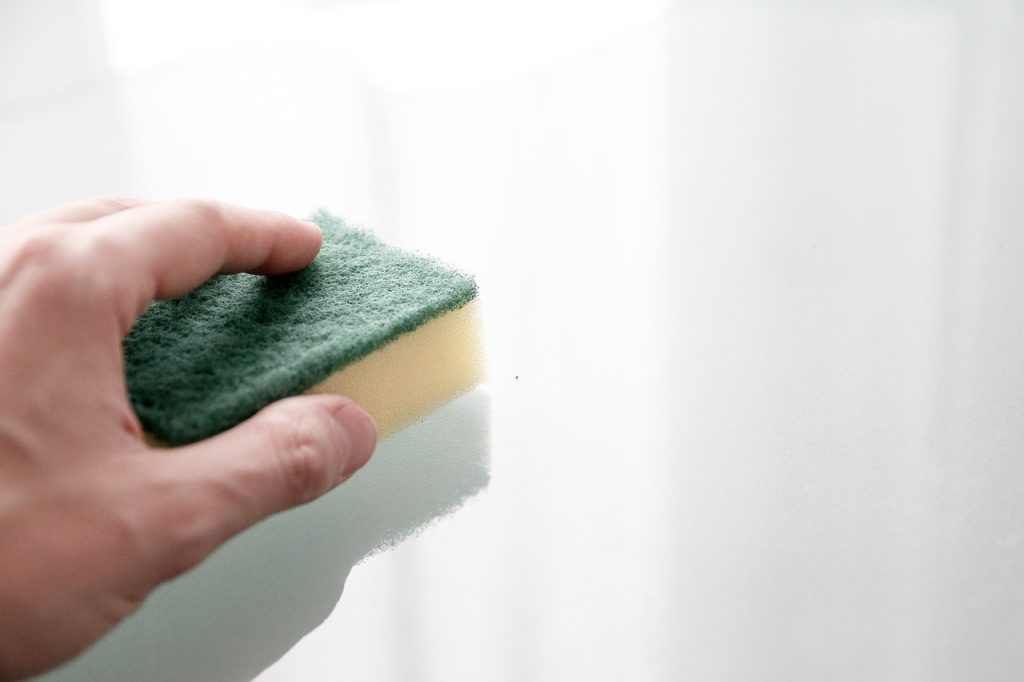Just Nuke It

How to Clean a Sponge
For Marching Maids house cleaning services the sponge is a house cleaners best friend. Chances are when you book our maid service we will have to use the sponge in plenty of places to make your house look as clean as we possibly can. Whether it’s scrubbing your shower walls, wiping down counter tops or scrubbing baseboards, sponges get well used. It’s important to change out sponges often especially when tackling grimy and bacteria-filled jobs. But sometimes a sponge doing a basic routine cleaning like wiping down a stove top can get quite funky after just a single use. In this case, a quick microwave to get the sponge clean and functional is the way to go. After a big move-out cleaning where the sponge is really put through the ringer, the best thing to do is just throw it out, rather than bring a dirty, over-used sponge to the next home.
If you’ve ever been curious about how microwaving a sponge works, you’re not alone. This is a common question that many people ask. It’s not as simple as it sounds, but it is possible to microwave a sponge and get some interesting results. Let’s take a look at how microwaving a sponge works and why you should take some safety precautions before you do it. When you microwave a sponge, the water molecules inside the sponge start to vibrate at a very high frequency. This causes the surrounding air to heat up, which in turn heats the sponge. The heat from the sponge then evaporates the water molecules, killing off any bacteria or germs that may have been present.
The other effect of microwaving a sponge is that it can help to remove grease and grime from it. The heat breaks down the grease and grime, making them easier to wipe off with a cloth. Before microwaving a sponge, it’s important to make sure that it is damp. Make sure to wring out any excess water before you put it in the microwave. Also, it’s important to set the microwave to its lowest setting, as high heat can cause the sponge.
Hopefully this will help you keep cleaner, more usable sponges around your home longer than you did in the past.